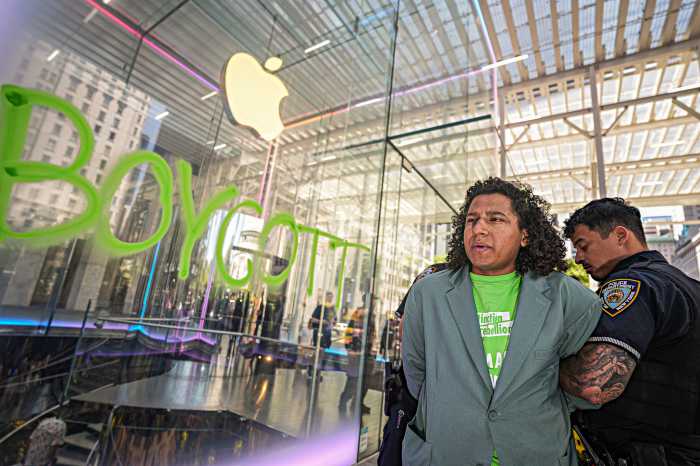In the 41 years since the U.S. and Communist China established a working relationship, the world has witnessed the “people’s republic” evolve into an economic juggernaut.
Aided by generous tax and tariff laws on both sides of the Pacific, China has become the globe’s manufacturing superpower, producing high-quality goods at extremely low labor costs.
It seems that there is hardly a thing sold in the U.S. that doesn’t have a “Made in China” label. A sign of China’s economic might is the silent factories that dot the American landscape, as the blue-collar jobs which once powered this nation’s economy were shipped out to the Far East.
China has learned how to interact and meet the needs of foreign clients, upgrade its language skills and meet global standards. Their efforts have been richly rewarded, so much so that China has become our biggest creditor; we’ve reportedly borrowed close to a trillion dollars from them.
Having captured the manufacturing market, China now is setting its sights to conquer the cyber market. This past week, The New York Times ran a headline story detailing the hacking of computers in the U.S. reportedly by members of the People’s Liberation Army in Shanghai.
An American computer security firm has been tracking the cyber-hacking activities eminating from China and it all seems to stem from one building-which just happens to be inside China’s army base.
These so-called “cyberwarriors” take aim at private industries, as well as critical infrasctucture of the U.S.-its power grid, gas lines and water works. According to the security researchers, one target was a company with remote access to more than 60 percent of oil and gas pipelines in North America.
In his State of the Union speech, President Barack Obama alluded to this concern without mentioning China or any other nation. “We know foreign countries and companies swipe our corporate secrets,” he said. “Now our enemies are also seeking the ability to sabotage our power grid, our financial institutions, our air-traffic control systems. We cannot look back years from now and wonder why we did nothing.”
Well, what do we do then? Are we bold enough to start some kind of a trade war? Rep. Mike Rogers, chairman of the House Intelligence Committee, reported that “right now there is no incentive for the Chinese to stop doing this. If we don’t create a high price, it’s only going to keep accelerating.”
And if a trade war doesn’t work, then what does the U.S. do? Considering how Washington politicians have become “the gang that couldn’t shoot straight” and can’t seem to agree on what color the sky is, are we confident that they can find a way to make our most vital computer systems impervious to hacking?
At the start of the Atomic Age, Albert Einstein said, “I know not with what weapons World War III will be fought, but World War IV will be fought with sticks and stones.” If these cyberhacking episodes have taught us anything, it is that the next great global conflict will likely be fought not with nuclear missiles but with computers and Internet access.
We cannot allow our utility grids to be crippled in a nanosecond by the push of a button located halfway across the globe. Our government must stop dragging its feet and come together to take the necessary steps to safeguard our computer networks.


































